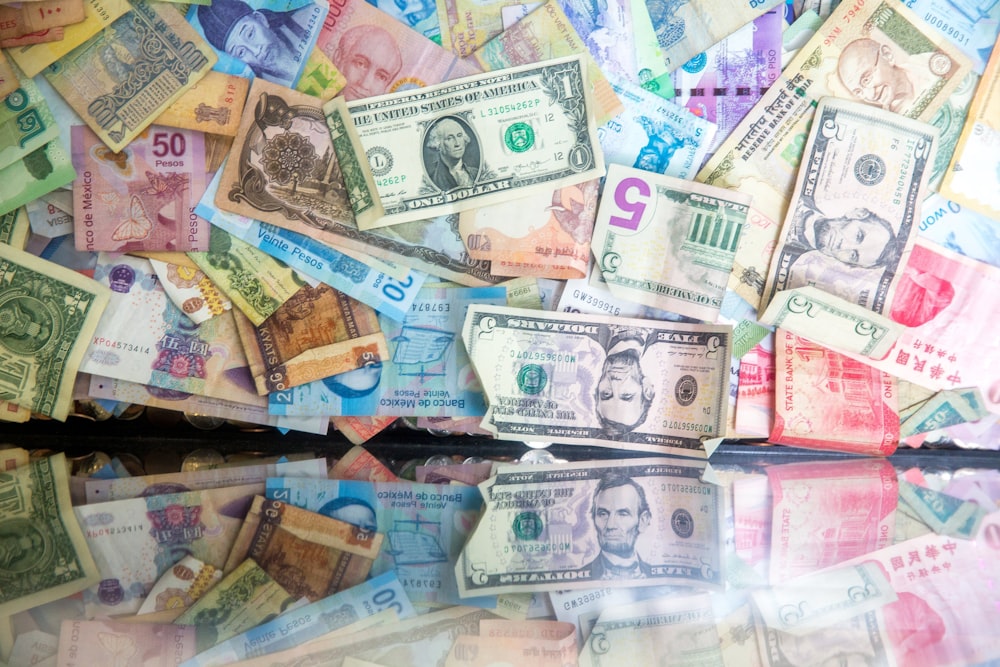

At Monday’s close, the Dow Jones (US30) Index was up 0.53%, while the S&P 500 (US500) Index was up 0.28%. The Nasdaq Technology Index (US100) closed positive 0.40% yesterday. The Russell 2000 Index also gained 1.8% as investors continued to refocus on small-company stocks. The energy, financials, and industrial sectors outperformed the market, while utilities, consumer staples, and healthcare stocks were the biggest fallers. Federal Reserve Chairman Jerome Powell said yesterday that the central bank won’t wait until inflation reaches 2 percent before cutting interest rates because it operates with “long and variable lags.” That raised the likelihood of the first-rate cut in September, which is a positive for indices. Investors are now awaiting Tuesday’s US retail sales data and Fed officials’ comments for more clues on the future course of monetary policy. Markets have already all but priced in September’s rate cut, with two more cuts expected before the end of the year.The Bank of Canada’s Business Outlook Survey emphasized continued pessimism among Canadian companies, attributing it to weak sales expectations and high equipment costs holding back investment. In addition, Canada’s unemployment rate rose in June to its highest level since January 2022, accompanied by an unexpected 1.4k jobs decline versus an expected 22.5k increase, adding to the Bank of Canada’s concerns about the impact of higher interest rates on the labor market.Bitcoin (BTC/USD) surged to $65,000 on Tuesday, hitting its highest level in nearly a month, as US presidential candidate Donald Trump picked Sen. J.D. Vance as his running mate. The Ohio Republican said he owns more than $100,000 worth of bitcoin and has been critical of regulatory actions taken by the US Securities and Exchange Commission (ІSEC) against the crypto industry. Bitcoin has risen more than 10% since Friday, helped largely by the prospect of a second Trump presidency.Equity markets in Europe were mostly down on Monday. Germany’s DAX (DE40) fell by 0.84%, France’s CAC 40 (FR40) closed down 1.19%, Spain’s IBEX 35 (ES35) lost 0.96%, and the UK’s FTSE 100 (UK100) closed negative 0.85%. Disappointing economic data from China, negative corporate news, and quarterly results dampened investor sentiment.WTI crude oil prices fell to $81.5 a barrel on Tuesday, declining for the third consecutive session. Demand uncertainty in top consumer China and a rising dollar pressured oil prices. Data released Monday showed China’s oil imports fell month-on-month and year-on-year to 46.45 million tons in June amid weak domestic demand.Asian markets were predominantly up yesterday. Japan’s Nikkei 225 (JP225) was not trading yesterday, China’s FTSE China A50 (CHA50) added 0.36%, Hong Kong’s Hang Seng (HK50) was down 1.52% and Australia’s ASX 200 (AU200) was positive 0.73%.Hong Kong stocks fell by 1.3% in Tuesday morning trading, declining for a second day and moving away from their highest level in 3 weeks amid a retreat in all sectors. Disappointingly, Q2 Chinese GDP data continued to weigh on sentiment. Meanwhile, Goldman Sachs cut China’s 2024 GDP forecast to 4.9% from 5%, and JPMorgan cut its forecast to 4.7% from 5.2%. Investors’ attention turns to the Third Plenum, a high-level leadership conference scheduled for July 15-18, where they will await policy decisions. However, the focus is expected to be long-term economic and social issues.The Australian dollar will remain positive against other currencies as the Reserve Bank of Australia (RBA) is expected to ease policy much later than other major central banks. Due to ongoing domestic inflationary pressures, markets are also looking at the possibility of another rate hike by the RBA this year. Investors are now awaiting Australian employment data later this week to gauge the state of the labor market.The New Zealand dollar fell to $0.605, at its lowest level in two weeks, as investors await second-quarter inflation data that could influence the Reserve Bank of New Zealand’s (RBNZ) policy trajectory. Economists expect New Zealand’s consumer inflation to slow to 3.5 percent in the second quarter, the lowest rate on record.
Important events today:
More By This Author:Economic Data From China Was Below Forecasts
Analytical Overview Of The Main Currency Pairs – Friday, July 12
The Canadian Dollar Reached A 2-Month High
















